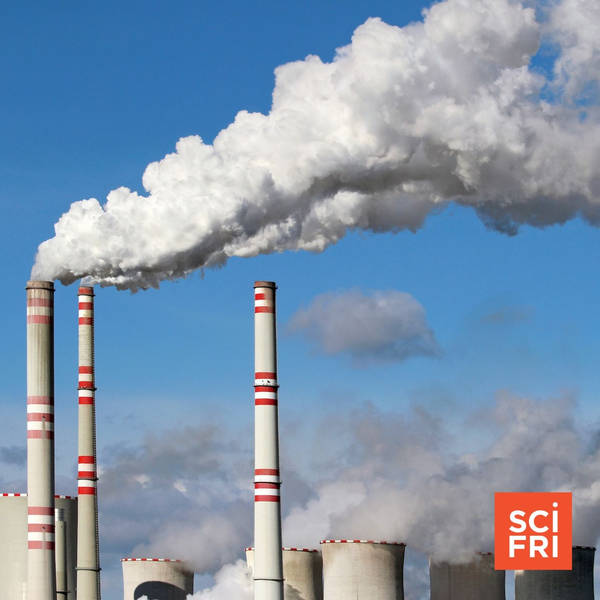
Scientists Are Uncovering A World Of ‘Dark Matter’ Carcinogens
Cancer, at its core, is a genetic disease: the result of DNA mutations that cause cells to grow out of control and develop tumors. And over the years, scientists have identified certain chemicals, called carcinogens, that are directly linked to those cancer-causing mutations, like those found in cigarettes.
But the rates of some cancers, like colorectal and lung, are rising dramatically in certain populations, leaving scientists to wonder what carcinogens they might be missing, and how traditional models of detecting them are falling short.
Last year, a landmark study published in the journal Nature confirmed a theory that toxicologists and cancer researchers had long suspected: that certain chemicals, like those found in air pollution, may not directly lead to cancerous mutations, but instead prime already vulnerable mutated cells to become cancerous. Some scientists have dubbed these chemicals “dark matter” carcinogens; they know they’re out there, exerting some kind of effect on increasing cancer rates, but they don’t fully understand what these chemicals are.
Dr. Siddhartha Mukherjee, Pulitzer Prize-winning author and assistant professor of medicine at Columbia University, wrote about this scientific detective mystery in The New Yorker. This week, he joins Ira to talk about how scientists are rethinking their approach to identifying carcinogens, and why he’s hopeful for the future of cancer research in light of this new paradigm.
Transcripts for this segment will be available the week after the show airs on sciencefriday.com.
Subscribe to this podcast. Plus, to stay updated on all things science, sign up for Science Friday's newsletters.
